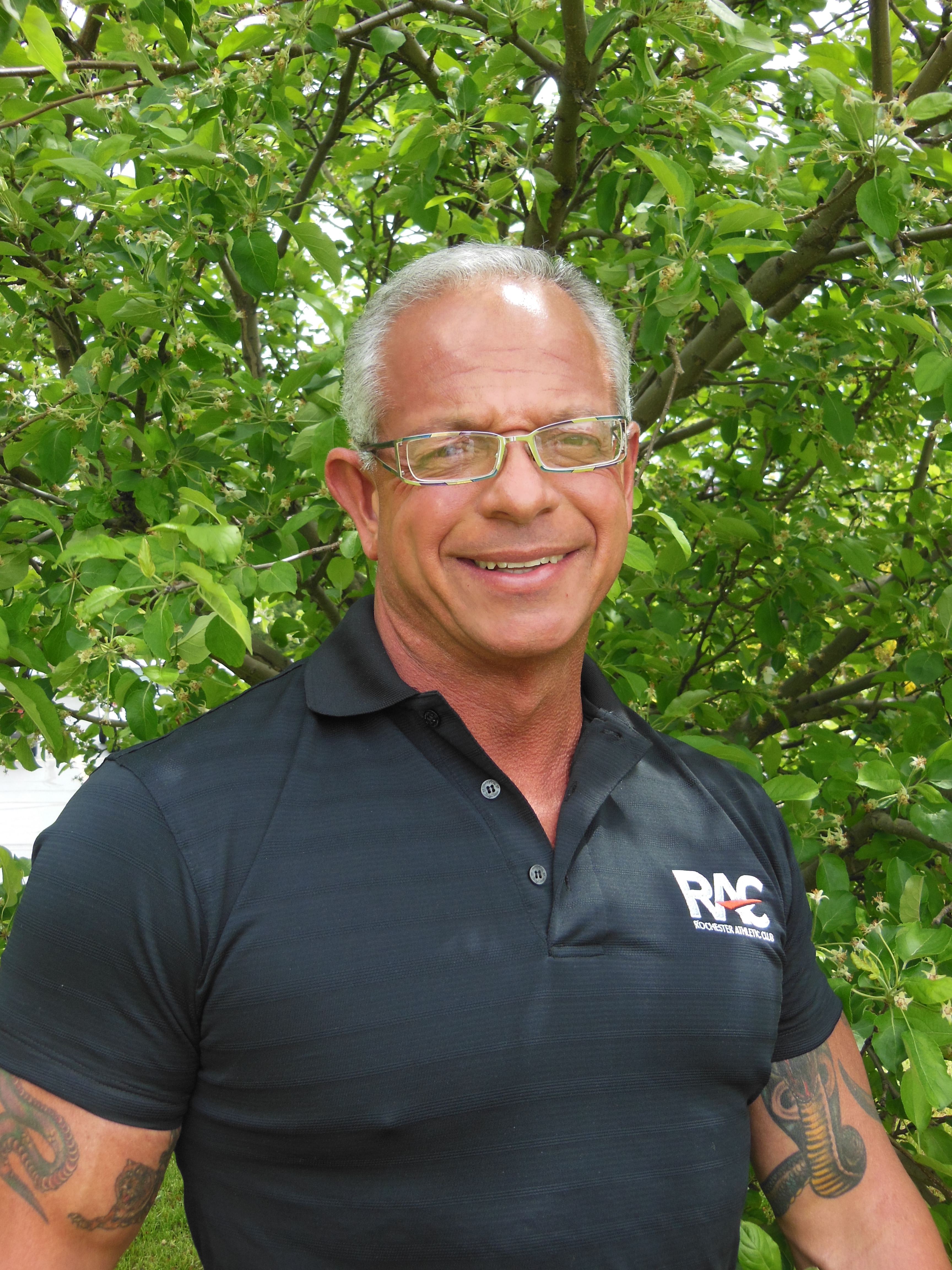Emphasis
The primary muscles stressed in this movement are the muscles in the back of your upper arm (tricep – short head). The secondary muscles stressed are the muscles in your forearms and bicep.
Starting Position
Grip the rope with your hand against the clubbed end. Your wrists should be straight when your arms are extended and your elbows at your sides.
Movement
Take two to three seconds to raise the bar up until your forearms are just past parallel to the floor. Your wrists should be straight throughout the movement, press the handle down toward the floor to the extended position. When your arms are extended, your wrists, elbow and shoulder should be in a line perpendicular to the floor. Contract your triceps hard throughout the entire movement.
Training Tips
- Be sure that the bar does not go higher than just above parallel. If it does you will feel it more in your forearms.
- Keep your elbows in at your sides during the entire movement. As your elbows move away from your body your shoulders will come into play, you will no longer be isolating your triceps.
Options
- This movement can be performed in front of the body as described above or with your arms extended over your head.
- This movement can also be performed one arm at a time with your hand staying at your side throughout the movement.
Warning Tips
- Do not lock out your elbows in the extended position. Failure to do so can result in injury to your elbows.
- Do not raise the bar any faster than two to three seconds. You must stay in control at all times during this movement. The faster you perform this movement, the less control you will have, which in turn will increase your risk of injury.
 Robert Bovee Certified Master PPT, RTS, ETS, FTS
Robert Bovee Certified Master PPT, RTS, ETS, FTS
As one of the most successful Professional Personal Trainers and Exercise/Fitness Therapists in the United States, Robert continues to remain at the forefront of the industry by providing his clients with a thorough education and the tools to implement that education. By improving his client’s physical health, strength, endurance, cardiovascular fitness and nutritional habits, he is able to motivate them to lead longer, happier and more productive lives. Find out more about Robert and his personal training career and services, here.
Guest authors offer experience and educational insights based on their specific area of expertise. These authors are contributing writers for the NFPT blog because they have valuable information to share with NFPT-CPTs and the fitness community at-large. If you are interested in contributing to the NFPT blog as a guest, please send us a note expressing your interest and tell us how you can contribute valuable insights to our readers. We look forward to hearing from you! Send to editor@nfpt.com

